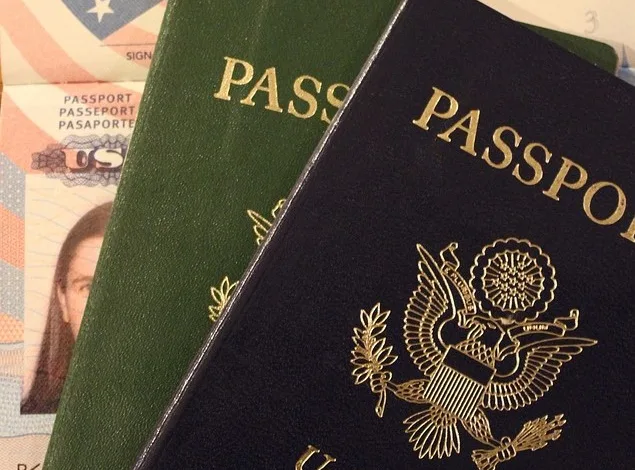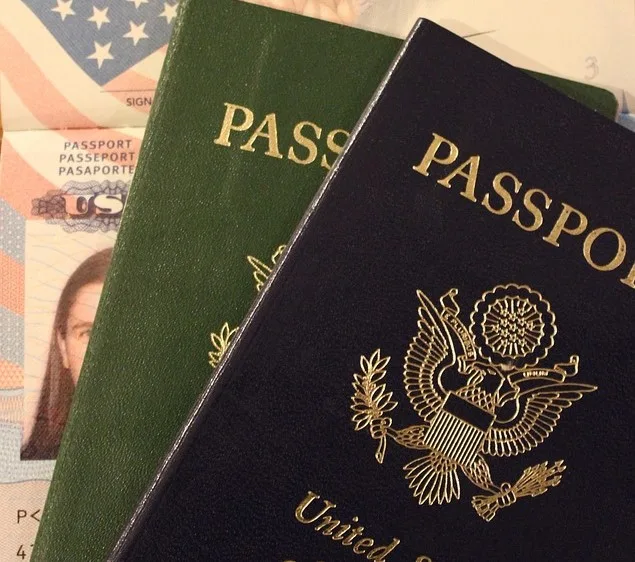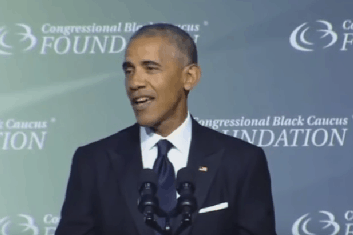It’s Time For A Comprehensive Immigration Reform Policy For America

BY DR. MARCO A. MASON
NEW YORK – The White House has placed on the table the Comprehensive Immigration Reform for America’s Security and Prosperity Act of 2009. The house subcommittees on immigration, citizenship, refugees, border security and international law should enact the bill (HR4321) now.
Guiding Principles
President Obama believes that our broken immigration system can only be fixed by putting politics aside. In addition, offering a complete solution that secures our border, and enforces our laws. Plus, reaffirms our heritage as a nation of immigrants. He believes our immigration policy should be driven by our best judgment of what is in the economic interest of the United States and what is in the best interest of the American worker.
President Obama recognizes that an orderly, controlled border and an immigration system designed to meet our economic needs are important pillars of a healthy and robust economy.
Strengthen Border Control
President Obama will protect the integrity of our borders by investing in additional personnel, infrastructure, and technology on the border and at our ports of entry.
Improve Our Immigration System
President Obama will fix the dysfunctional immigration bureaucracy and enable legal immigration so that families can stay together.
Remove Incentives to Enter Illegally
President Obama will remove incentives to enter the country illegally by preventing employers from hiring undocumented workers and enforcing the law.
Bring People Out of the Shadows
President Obama supports a system that allows undocumented immigrants who are in good standing to pay a fine, learn English, and go to the back of the line for the opportunity to become citizens.
Work with Mexico
President Obama will promote economic development in Mexico to decrease the economic desperation that leads to illegal immigration.
Sets forth provisions regarding:
(1) immigration enforcement protections;
(2) unlawful detentions;
(3) protections for vulnerable populations;
(4) apprehension procedures for families and family detention;
(5) welfare requirements for children separated from detained or removed parents;
(6) unaccompanied alien children; and
(7) female detainees.
Provides a stay of removal and work authorization for detained alien workers who are witnesses or necessary for workplace prosecution claims.
Eliminates, with specified exceptions, DHS authority to enter into agreements with state and local law enforcement agencies to perform immigration law enforcement functions.
Establishes in DHS an Immigration and Customs Enforcement Ombudsman.
Eliminates the one-year asylum filing requirement.
Provides for federal court review of DHS orders of removal currently exempt from such review.
Establishes an alien employment verification system which requires employers to comply with: (1) document verification requirements; and (2) a phased-in electronic employment verification system.
Sets forth backlog reduction provisions respecting family-sponsored and employment-based immigrant levels.
Revises the definition of “immediate relative” to: (1) include the spouse and child of a lawful permanent resident; and (2) permit a qualifying widow/widower and the child or parent of a U.S. citizen or lawful permanent resident to maintain such status while filing for permanent resident status.
Increases: (1) per-country limits for family-sponsored and employment-based immigrants; and (2) specified family-unity exceptions to unlawful presence-based inadmissibility.
Prohibits the removal from the United States of an individual who: (1) fled his or her homeland while under the age of 12 years old; and (2) was later admitted to the United States as a refugee, parolee, or asylee.
Exempts the sons and daughters of certain naturalized Filipino World War II veterans from worldwide or numerical immigrant visa limits.
Makes a minor child of an alien fiancée/fiancé or of an alien spouse of a U.S. citizen eligible for derivative K-visa status under specified circumstances.
Redefines “child” to include a stepchild under 21 years old.
Haitian Refugee Immigration Fairness Act
Amends the Haitian Refugee Immigration Fairness Act of 1998 to: (1) require determinations with respect to children to be made using the age and status of an individual on October 21, 1998; and (2) permit an application based upon child status to be filed by a parent or guardian if the child is present in the United States on such filing date. Permits new status adjustment applications to be filed for a limited time period.
Reduces the required support level for immigrant sponsorship.
Establishes the Prevent Unauthorized Migration Visa (PUM Visa) program which shall provide for: (1) 100,000 PUM conditional permanent resident visas annually, for three years, to persons from countries (transitional visa admission states) which represent at least 5% of the total unauthorized migration population to the United States for the past five years; and (2) a process to adjust to permanent resident status.
Exempts specified categories of U.S.-educated aliens from employment-based immigration limits.
Permits a nonimmigrant alien whose employer has petitioned for an employment-based green card for such alien to file an application for adjustment of status regardless of whether an immigrant visa is immediately available. (Requires visa availability before such application may be approved.)
Return of Talent Act
Establishes the Return of Talent Program to permit an eligible alien (and certain family members) to return to the alien’s country of citizenship for up to two years in order to contribute to such country’s post conflict or natural disaster reconstruction activities. (During such absence the alien and family members shall be considered to be continuously present and residing in the United States for naturalization purposes.)
Establishes a conditional nonimmigrant status for qualifying aliens and their dependents who are illegally present or out of status in the United States and who register and meet the requirements for such status. Authorizes: (1) adjustment from conditional to permanent resident status at the earlier of six years after enactment of this Act or 30 days after specified immigrant visas become available (with exceptions to such time frame for certain students, military personnel, and employed individuals); and (2) naturalization three years after permanent resident status adjustment.
Grants Program
Establishes the New Americans Initiative grants program to assist lawful permanent resident aliens to become citizens.
Authorizes grants for: (1) public education and community training regarding the provisions of this Act; (2) community-based organizations to assist naturalization applicants (initial entry, adjustment, and citizenship assistance grants); and (3) states to form New American Councils.
Provides for the naturalization of certain graduates of U.S. high schools who are under 25 years of age on the date of application for naturalization.
Establishes: (1) a tax credit and a deduction for certification expenses for teachers of English language learners; and (2) a tax credit for employer-provided adult English literacy and basic education programs.
Makes funds available for oath of allegiance ceremonies.
Dr. Marco A Mason is the President of the Institute of Pan-American Affairs, and a technical expert in U.S. Immigration Policy. He is a passionate Immigration Policy Advocate who has written extensively on the topic. In addition, he has a solid longstanding record of being duly accredited to practice Immigration Law before the Immigration and Naturalization Court and the Board of Immigration Appeals. He was cited by the US Department of Justice for his “Outstanding services in assisting immigrants with status adjustments”. Dr. Mason is a savvy Immigration Policy Advocate. He also serves as Senior Immigration Policy Advisor to Sen. Kristen Gillibrand (NY Senate).






